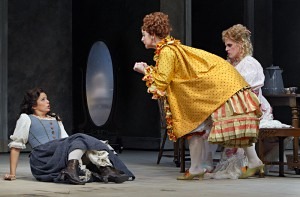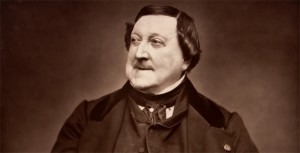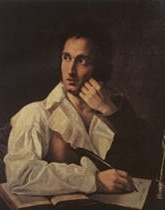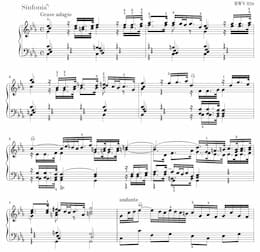
Credit: http://rivista-cdn.pittsburghmagazine.com/
To be fair, not all versions of Cinderella have the ubiquitous fairy godmother. Giambattista Basile’s Cenerentola was dressed for the ball by a fairy living in a date tree. In the Brother Grimm’s Aschenputtel, there was the magical hazel. A Scottish Cinderella named Rushen Coatie was aided by a magical red calf. The fairy godmother we all know was introduced in Charles Perrault’s Cendrillon in 1697, but the 1810 Isouard/ Etienne opera replaced her with Alidoro. He was still a magical character in the opera, who carried around a mysterious rose that transformed Cinderella for the ball.
The one crucial difference in Rossini’s La Cenerentola from all the other versions was its complete lack of supernatural elements in its plot. La Cenerentola’s Alidoro was neither a fairy nor a mage. He was just Prince Ramiro’s wise and trustworthy tutor.

Gioachino Rossini
Credit: http://medias.medici.tv/
Brainstorming late night after Rossini’s initial libretto for a French comedy inspired by Françoise de Foix, a mistress of Francis I of France was turned down by the censor, Ferretti later recalled that ‘weary of making suggestions and half-dropping with sleep, I uttered (halfway through a yawn): Cendrillon. Rossini, who to concentrate better had got into bed, sat erect like Alighieri’s Farinata: “Would you have the courage to write Cendrillon for me?” he said; to which I replied, “Would you have the courage to set it into music?”
Act I Scene 1: Recitative and Quintet – Signor, una parola (Cenerentola, Ramiro, Dandini, Magnifico, Alidoro)

Jacopo Ferretti
Credit: http://www.pov.bc.ca/
Ferretti notes this omission in his foreword: ‘I would like to inform you that it should not be regarded as a mistake if [Cenerentola] does not put in an appearance in the company of a magician who does conjuring tricks, or of a talking cat, and if she does not lose a slipper at the ball, as on the French stage or in a large Italian theatre,’ he wrote. ‘The decisive factor was what can be done at the Teatro Valle in terms of staging.’
In truth, both Rossini and Ferretti disliked any form of magic. It was widely reported that Rossini would only accept Ferretti’s libretto on the condition that there was no supernatural elements involved.
Without any magical artifice, La Cenerentola became a pragmatic 19th century tale about a long suffering heroine, who after submitting to endless injustice by her unpleasant family, is finally recognized for her good heart and marries the prince. And perhaps, that was what Rossini and Ferretti intended all along. The subtitle of this opera ‘Goodness Triumphant’ says just as much. Under the guise of comedy, La Cenerentola tells a very human story.

